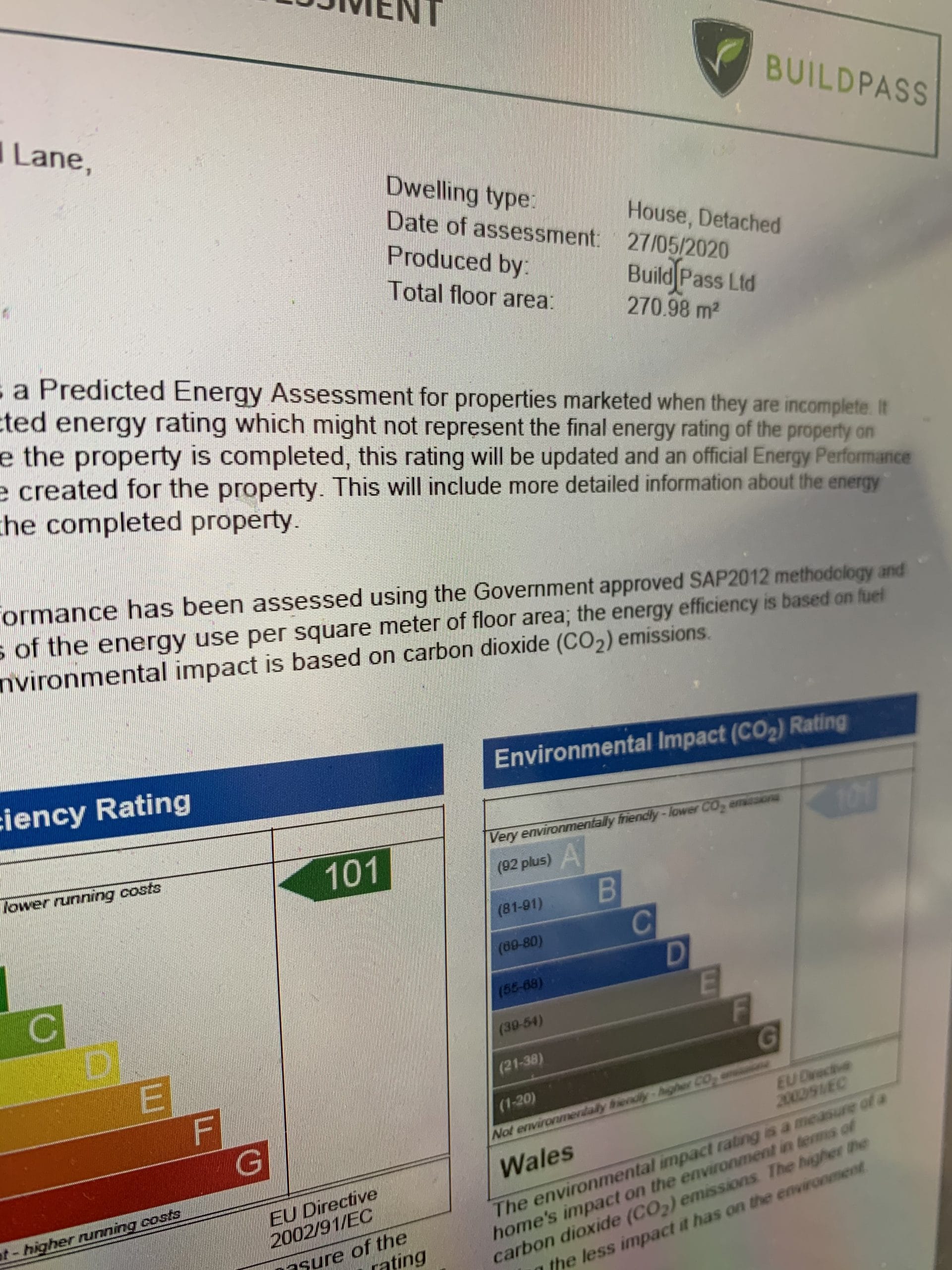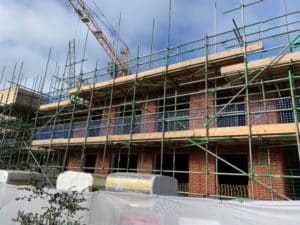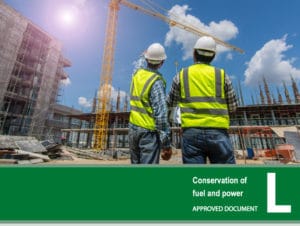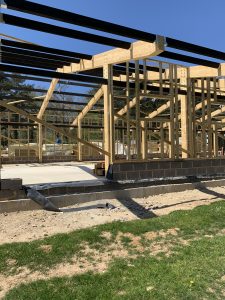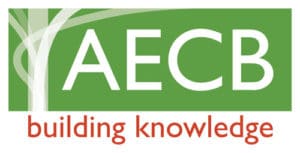What is the difference between SAP and EPC is a question that many of our customers ask – here we unpick the key differences between the two terms and what each one means for your build.
The Standard Energy Procedure (SAP) and Energy Performance Certificate (EPC) are two terms that you’re probably familiar with if you’re part of the building industry. But what are the differences between the two, and how do they tie in together?
What is the difference between SAP and EPC? Your SAP calculation is the methodology behind the all important EPC, and is essentially a thorough list of calculations to judge the overall performance of a building. The EPC is the proof of those calculations.
The Standard Energy Procedure is a methodology set by the Government to show that a build complies with the energy and carbon requirements defined by current building regulations. It’s a measure of the energy and environmental performance of a dwelling. Once a SAP calculation has been agreed, it will be used to form the Energy Performance Certificate.
Why do I need a SAP calculation?
If you want to pass building regulations, the simple fact is that you need to provide a SAP calculation for your dwelling. It’s necessary to prove that your home meets both the carbon emissions and fabric performance standards set out in Part L of the building regulations.
It also demonstrates your compliance within planning conditions related to carbon and energy savings.
You can then produce both your Predicted Energy Assessment (PEA) and your EPC: without these, your new property will not be able to go on sale or be occupied.
What is a good SAP score?
Your SAP score is your way of showing the energy performance of your home, and it will be used as a point of comparison for other dwellings.
The result will be a figure sitting somewhere between 1 and 100+. The higher the SAP rating, the lower your energy costs and the lower the subsequent carbon dioxide emissions.
A score of 100 represents zero energy cost – anything over shows that you are actually exporting energy.
So, in a nutshell? A good SAP score is a high one.
How is my SAP score calculated?
Your SAP score is calculated by looking at the plethora of ways your build uses (and loses!) energy.
It will consider:
- Construction materials
- Heating systems (and how efficient they are)
- Any solar gains found through openings in the property
- The level of thermal insulation
- Any renewable energy technologies
- The fuel you use for water and space heating, light and ventilation
- Air leakage
Each area will be given a score, and these scores will help define your overall SAP calculation.
To find out our top ten tips for improving your SAP score, read our blog on how to pass your SAP calculation.
Why do I need an EPC?
It is a legal requirement to have a valid EPC whenever a building is sold, rented or constructed. The certificate is your proof of how energy efficient your property is, as well as showing any potential savings on energy costs.
By law, you absolutely need to have an EPC to put your property on the market.
What is a good EPC rating?
This one is easy to remember – if your EPC rating is A, then you can rest easy knowing you’ve landed the very best rating.
The bands run from A to G, and as a minimum existing tenancies cannot be renewed or new tenancies granted if it has an EPC rating of less than E. As of April 2023, this rule will also include landlords with existing dwellings with a EPC rating below E.
How is my EPC rating calculated?
Your EPC rating is calculated using your SAP score. And this is where your EPC SAP points come into play.
The EPC SAP points ratings are as follows:
- A – 92-100 SAP points
- B – 81-91 SAP points.
- C – 69-80 SAP points.
- D – 55-68 SAP points.
- E – 39-54 SAP points.
- F – 21-38 SAP points.
- G- 1-20 SAP points.
A few simple ways to improve your EPC rating include:
- Double glazing
- Loft insulation.
- Wall insulation
- Replace your boiler
- An efficient secondary heating source
How can Buildpass help me with my SAP and EPC?
We provide SAP calculations and will work with you to make sure you pass your SAP assessment first time.
You can then use our calculations and results to apply for your EPC – easy!



